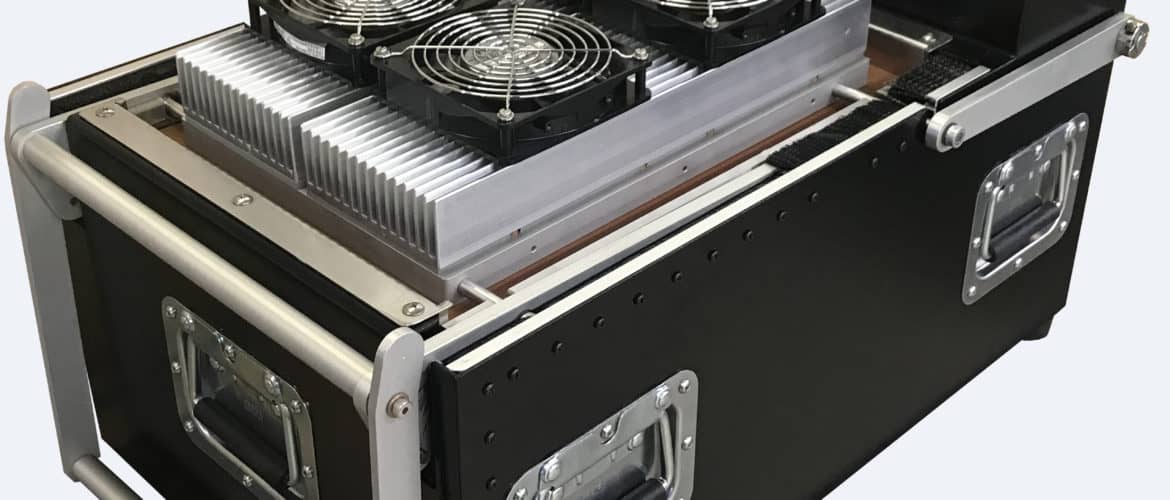Revolutionize your automotive fog testing with the SCHAP Dry Fog Tester—the cleanest, smallest, and safest solution on the market. Say goodbye to hazardous thermal fluids that create messes and pose safety risks for your technicians. Our innovative Dry Fog Testing System not only challenges the competition in size and safety but also offers significant cost savings on operations.
Why Choose SCHAP Dry Fog Tester?
- Safety First: No more dealing with dangerously hot thermal fluids that can splash and cause accidents. Our system utilizes dry heat technology, ensuring a safer working environment for your team.
- Cost Efficiency: Customers report substantial annual savings in technician time and supplies. With proven solid-state cooling and heating systems, you’ll enjoy lower operating costs without sacrificing performance.
- User-Friendly Design: Featuring six 1-liter beaker wells, our fog tester accommodates a wide range of test samples while maintaining excellent thermal control. The simple digital display allows operators to easily monitor test status.
- Space-Saving Innovation: The swing-back top design not only saves counter space but also simplifies test setups and enables quick sample changes.
Don’t let outdated methods slow you down. Upgrade to the SCHAP Dry Fog Tester today—where advanced technology meets unmatched efficiency. Experience the future of automotive fog testing; contact us now to learn more or place your order!
Features include:
- Oil-less Peltier chip technology – No need to purchase expensive thermal fluids
- Quick sample change-over, no need for cleanup
- Lower lab operating costs
- Self contained: No expensive cooling unit or plumbing required
- Safely change over test samples without oil burns
- Smallest desktop footprint in the industry
Building excellence for nearly 30 years, SCHAP transforms custom designs into industry standards. With over 300 quality products trusted in 40+ countries, we’re your partner in precision and reliability.
For more information, click here: 6 Station Dry Fog Tester – SCHAP SPECIALTY MACHINE


